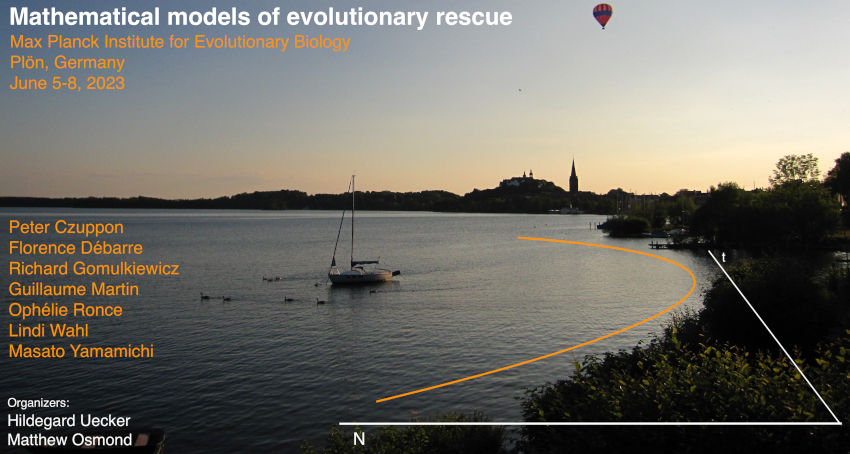Speaker
Description
The evolution of antimicrobial resistance in bacteria poses a major challenge for patient treatment worldwide. One option to reduce the risk of the undesired evolutionary rescue during treatment is to increase the genetic barrier to resistance, which can, for example, be achieved by increasing the number of drugs applied. With multiple drugs in combination, applying the different drugs at the same concentration as in mono-therapy may not be necessary to clear the wild-type infection. In fact, a reduction in the doses might even be required to avoid toxicity. However, lowering the dose might reduce the benefits of combination therapy in controlling resistance. How should we thus choose the number of drugs and their doses to minimize the risk of resistance while efficiently clearing the infection and avoiding side effects? To answer this question, we set up a pharmacodynamic model and compare the probability of evolutionary rescue under mono-therapy at high drug doses and combination therapies at lower doses, keeping the 'total dose' constant. For most of the parameter space, combination therapy with two drugs leads to a lower probability of rescue than mono-therapy. Still, it is not always superior to the treatment with just one drug. Especially the pharmacodynamic properties and the mode of action of the drugs influence the optimal treatment choice. Our mathematical analysis allows us to disentangle the effects of a strategy on the appearance of mutations from those on their establishment probability, allowing us to understand what leads to a strategy’s success.

